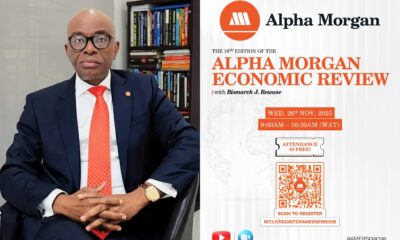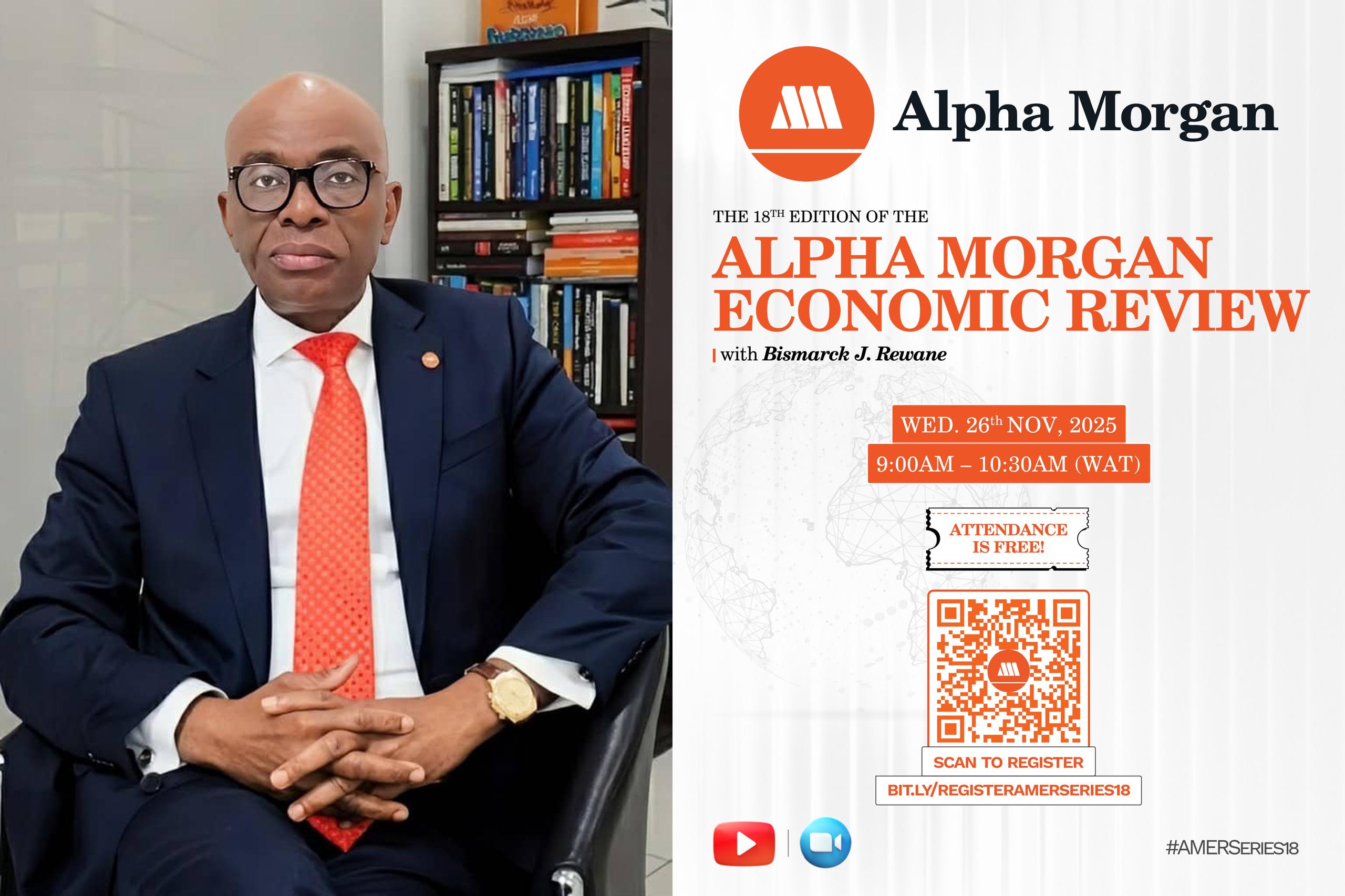- To set up Situation room in Abuja
A coalition of Civil Society Organizations (CSO) at the weekend said it would set up a situation room to monitor the compliance of the Nigeria National Petroleum Corporation Limited (NNPCL) to the presidential directive to sell crude oil to Dangote Refinery in Naira currency.
Leaders of the 28 CSOs who were on facility tour of the 650,000 bpd world’s largest single train refinery in Lagos said the disposition of the NNPCL and the regulatory agencies was a clear indication the they deliberately held down the nation’s refineries so that they could continue importing petroleum products.
Recall that President Bola Tinubu had in the web of controversies that trailed the face-off between Dangote Refinery and the NNPCL intervened and directed the Corporation to henceforth sell crude to Dangote Refinery in Naira
Speaking on behalf of others, Solomon Adodo of the Rise Up for A United Nigeria said what his group had seen was a world class facility and wondered how a regulatory agency of the government could take sides with importers of petroleum products when a local refinery is now available to bail the nation out of the forex quagmire which has made the price petroleum products to skyrocket.
He disclosed that the CSOs have concluded to petition the Presidency on the need to adopt Dangote Refinery as a national asset that should be used to liberate the country from the shackles of importation of fuel while it exports crude.
Said he: having gone round to see this world class project, we are at a loss as to why the government could decide to turn against Nigerians in this manner. But we are not too surprised give our past experiences. Those who are profiting from our collective misfortune will not want the Dangote refinery to work.
“We are ready to defend this facility with everything as civil society organizations. We are not speaking on our behalf but on behalf of all Nigerians and on behalf of our fatherland. It leaves much to be desired how an agency of government with oversight function to guide to grow such a project as this would now be disparaging same project. This is too bad.
“We have seen for ourselves and we have cleared all doubt as to the completion of this refinery and the readiness to supply all our domestic needs. We will exposed them all. Anyone who is not ready to ensure Nigeriand have a new lease of life must give way. Now it is fight to finish.
“Going forward, we are going to set up a situation room to monitor the compliance of the NNPCL with the directive of Mr. President that Dangote Refinery would be supplied with Crude in Naira because we know that the enemies of the people would wnt to adopt another strategy to sabotage the presidential directive.
“It is a criminal audacity for an agency of government to brazenly disparage a national asset like Dangote Refinery, more so when government has four refineries and all of them are moribund, how then would you treat a orivate investors who has committed everything to build a functional refinery much more bigger than all the four own by government put together.
“Nigerians are not stupid; we all know what is interplaying here. They told us that after removing fuel subsidy, market forces would force the price down , what a fallacy of market forces, here we are, the forces have only succeeded in pushing the price up. Now we have a local refinery that will bail us out yet they don’t want it to operate. So that Nigerians would benefit from it.”
Adodo said that the CSOs would mount serious advocacy to make government accede to demands of Nigerians which is not just granting the sale of crude to Dangote Refinery in Naira but also ensuring Dangote fuel are available at petrol stations for Nigerians to buy.
The group appealed to the management of Dangote Refinery not to be discouraged but to trudge on as the group would mount serious campaign in favour of the refinery. “Even if it means we should protest, we will. We cant allow this international embarrassment to stand.”
He argued that all the claims about monopoly against Dangote Refinery was just to call a dog a bad name in other to hang it. What Dangote Refinety will stand foe is not monopoly but peoplepoly. We will write the American Societ of Engineers over this and the European Union. We will maintain eternal vigilance.
Speaking while welcoming the group, Vice-President, Dangote Industries Limited, Devakumar Edwin, described Dangote Refinery as a value-adding facility as it will stop the exportation of Nigeria’s crude and importation of finished products, and he wondered why the government would be against such a vision for Nigeria.
According to him, many African countries have minerals, but they are not adding value to their economies because those minerals are exported raw and the finished products are imported back into the country, whereas vice versa should have been the order of the day.
“This is what Dangote refinery seeks to correct; we did the same in the cement and sugar sectors, where Nigeria was a leading importer of those products, and with Dangote leading the backward integration programme of the government, others came into the sector, and together Nigeria now exports cement to other countries.
“What we want to do in refineries, we have done in other businesses; Nigeria used to be the biggest importer of sugar; we came in and changed the narrative. We led the backward integration scheme of the federal government, and we now produce sugar locally for domestic consumption, and others have joined us. We did the same in cement by opening up production plants, and today Nigeria exports cement to other countries.
“In a business no one was interested in investing in, Dangote delved into it determined to ensure Nigeria no longer imports fuel, invested massively, and came up with the world’s largest single-train refinery. He said he would not take his money to Dubai or Swiss banks as others are doing; he decided to invest at home, and now they are saying he wants to create a monopoly.
“We didn’t ask for any favour other than that we want to buy crude to produce; first they said there was no crude; later they said we would have to pay some dollars above the prevailing crude market price. And this is a global market where you can track crude prices at any time. We resorted to buying crude from Brazil and the United States. Later, they said we should not be announcing the price of the products.
“Even the US, which is the leading proponent of a free market economy, protects its local industries by imposing huge duties on foreign imports just to protect local industries. This is a man that Saudi Aramco once approached to come and cite his refinery in Saudi Arabia, promising a steady supply of crude. Abu Dahbi also invited him to do the same on their soil, but he rejected it, saying he would build it at home. Now he did that, and a facility that is supposed to add value to Nigeria’s economy is being frustrated.”
The Dangote Vice President said the company would continue to focus on its business strategy, which is to add value to the Nigerian economy through investments and job creation for the teeming Nigerian masses. According to him, Nigeria can only consume 45% of the capacity of the refinery, while the remaining 55% will be exported and brought into the country for foreign exchange.
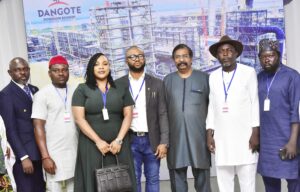
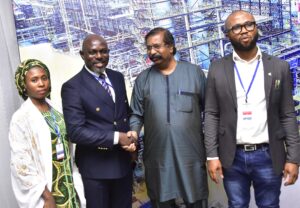
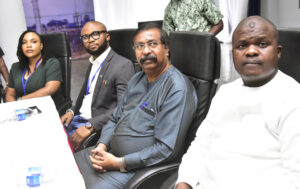
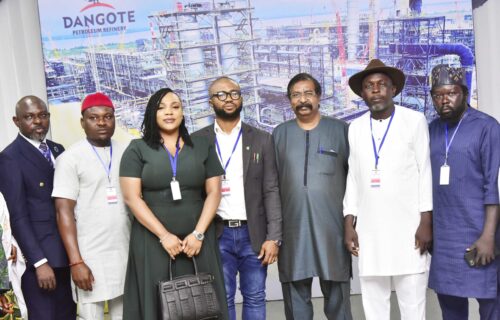

 BIG STORY3 days ago
BIG STORY3 days ago
 BIG STORY3 hours ago
BIG STORY3 hours ago
 BIG STORY1 day ago
BIG STORY1 day ago
 BIG STORY4 days ago
BIG STORY4 days ago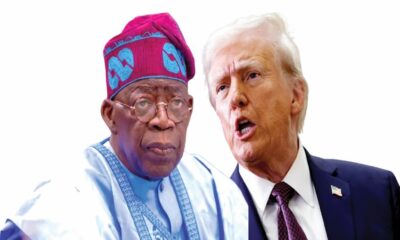
 BIG STORY4 days ago
BIG STORY4 days ago
 BIG STORY3 days ago
BIG STORY3 days ago
 BIG STORY4 days ago
BIG STORY4 days ago
 BIG STORY22 hours ago
BIG STORY22 hours ago









